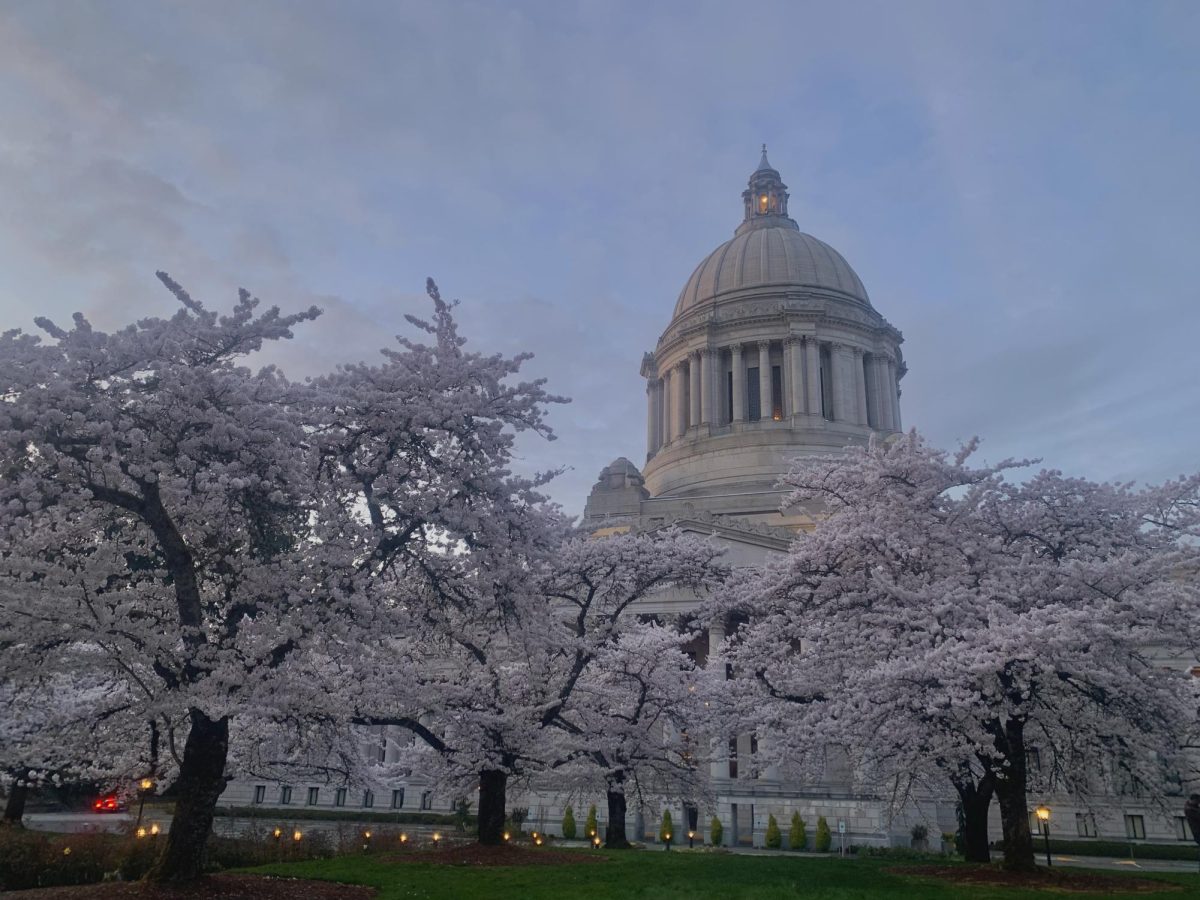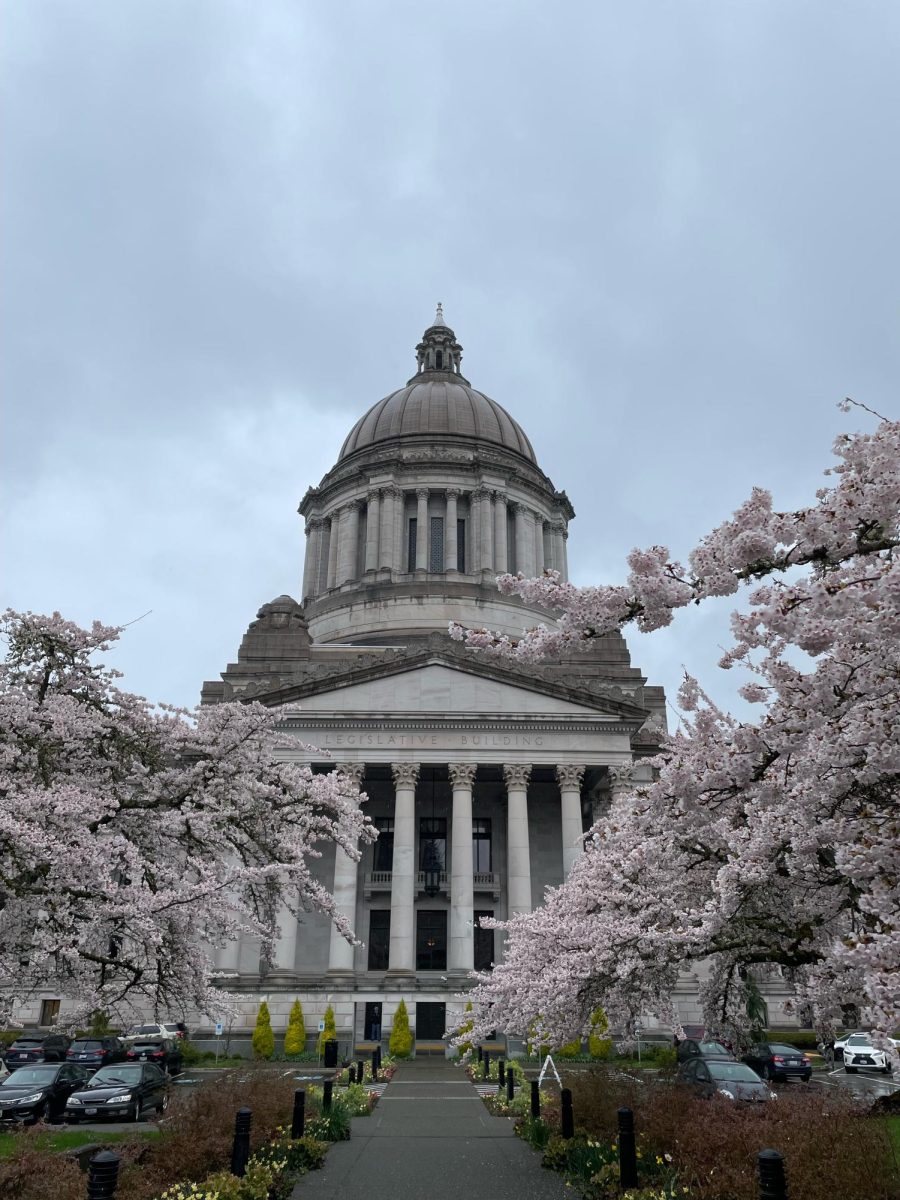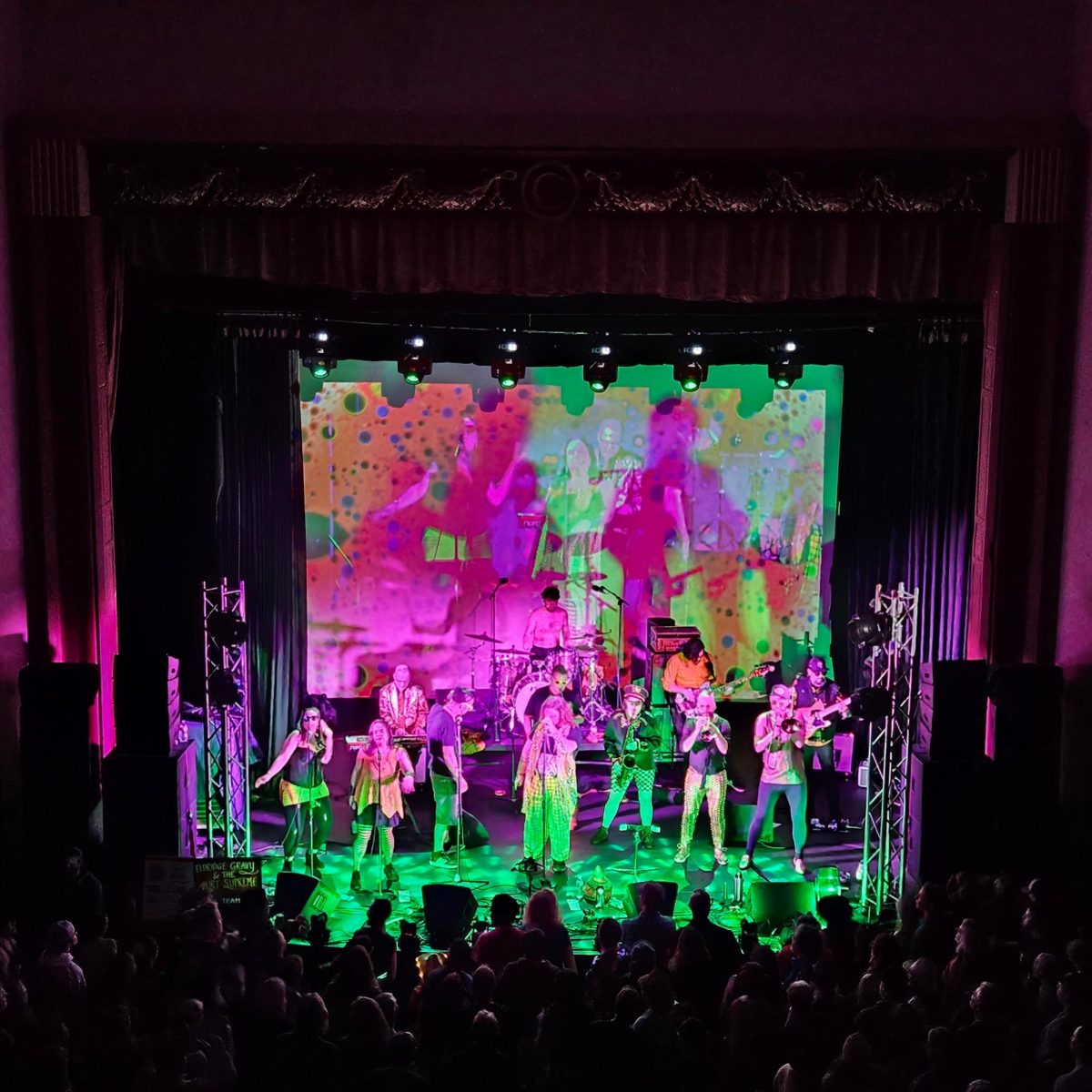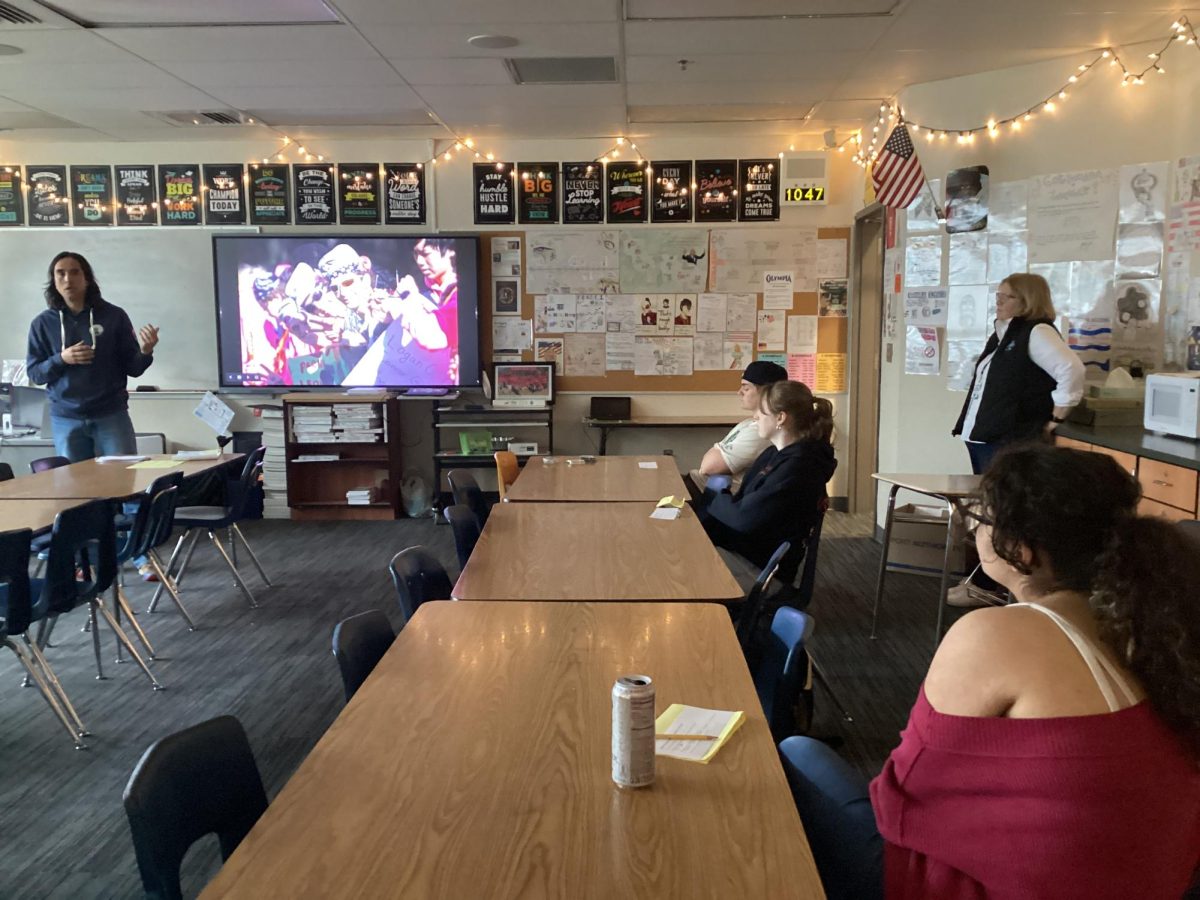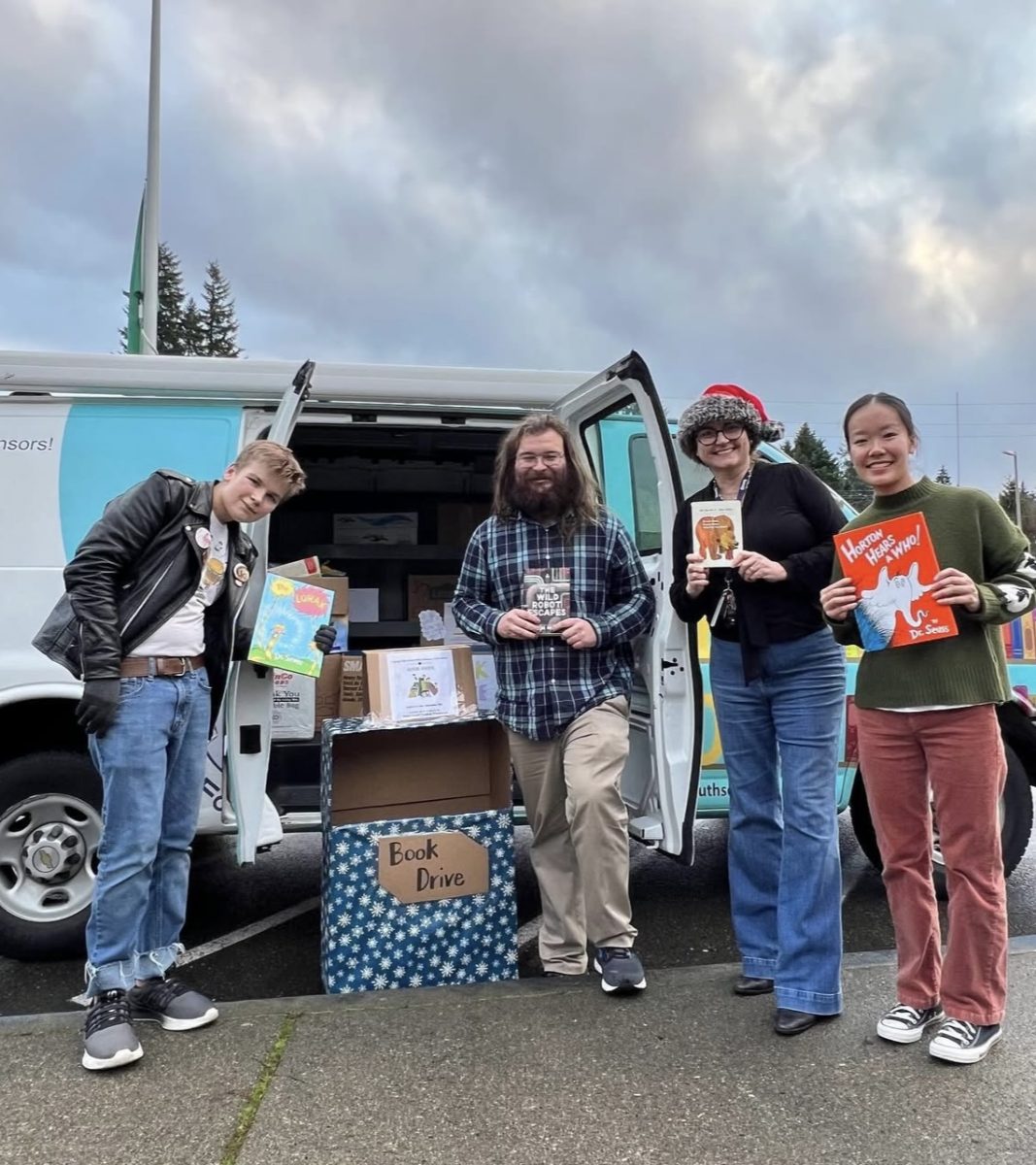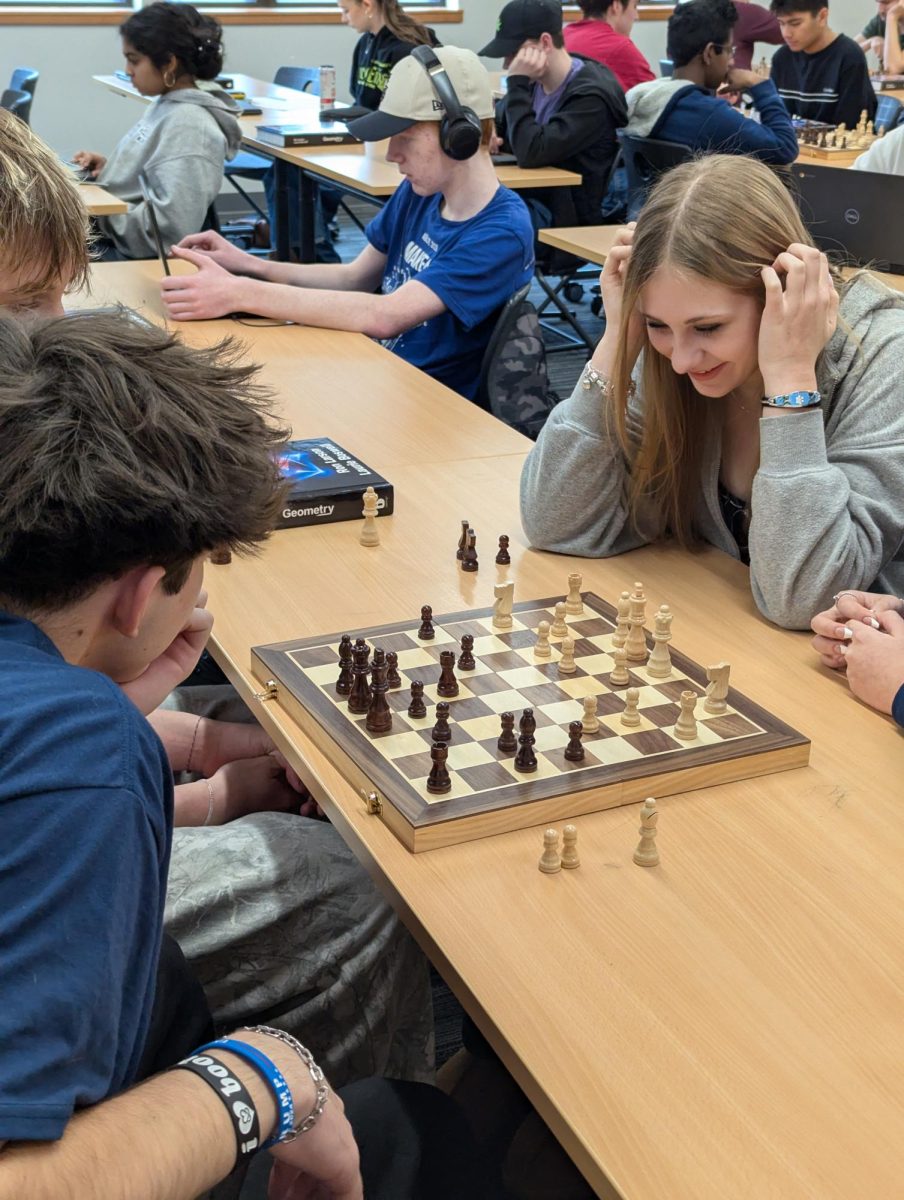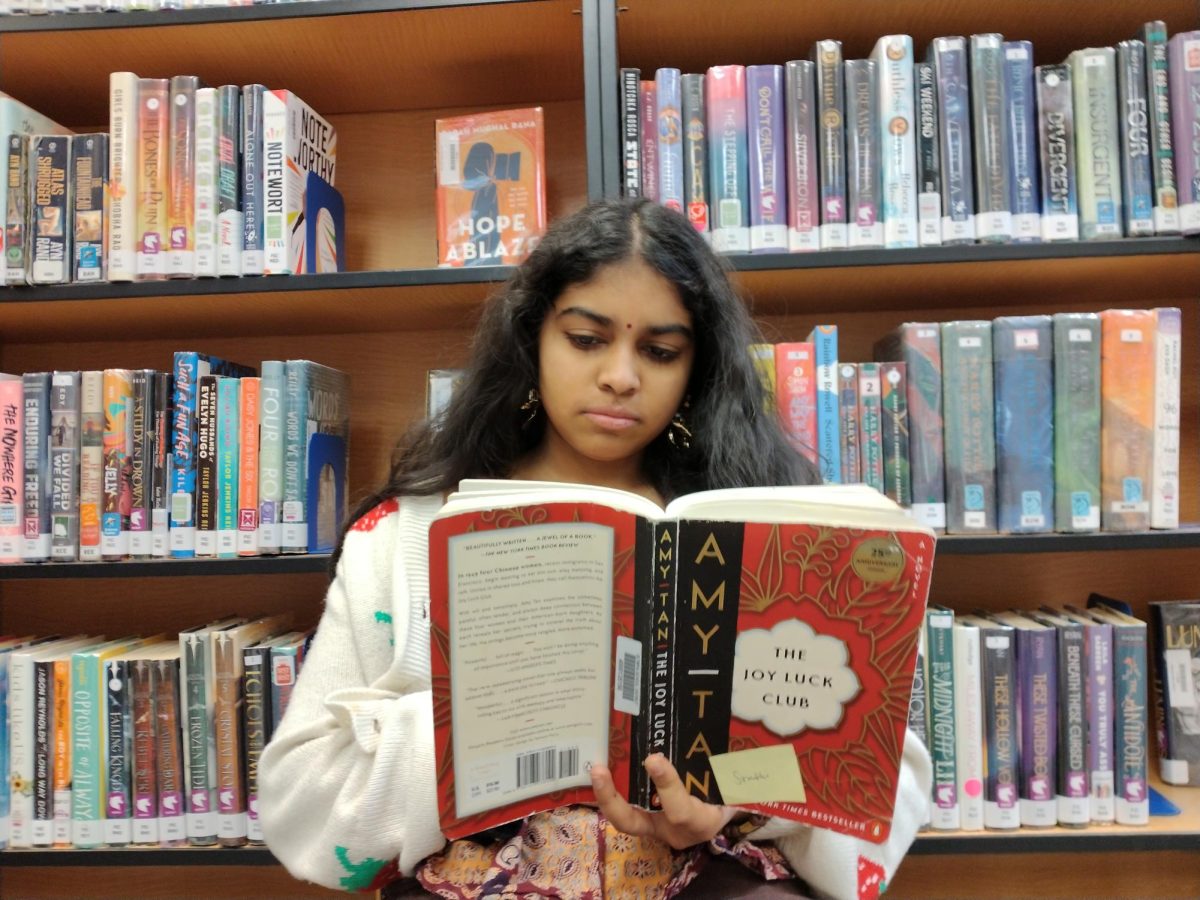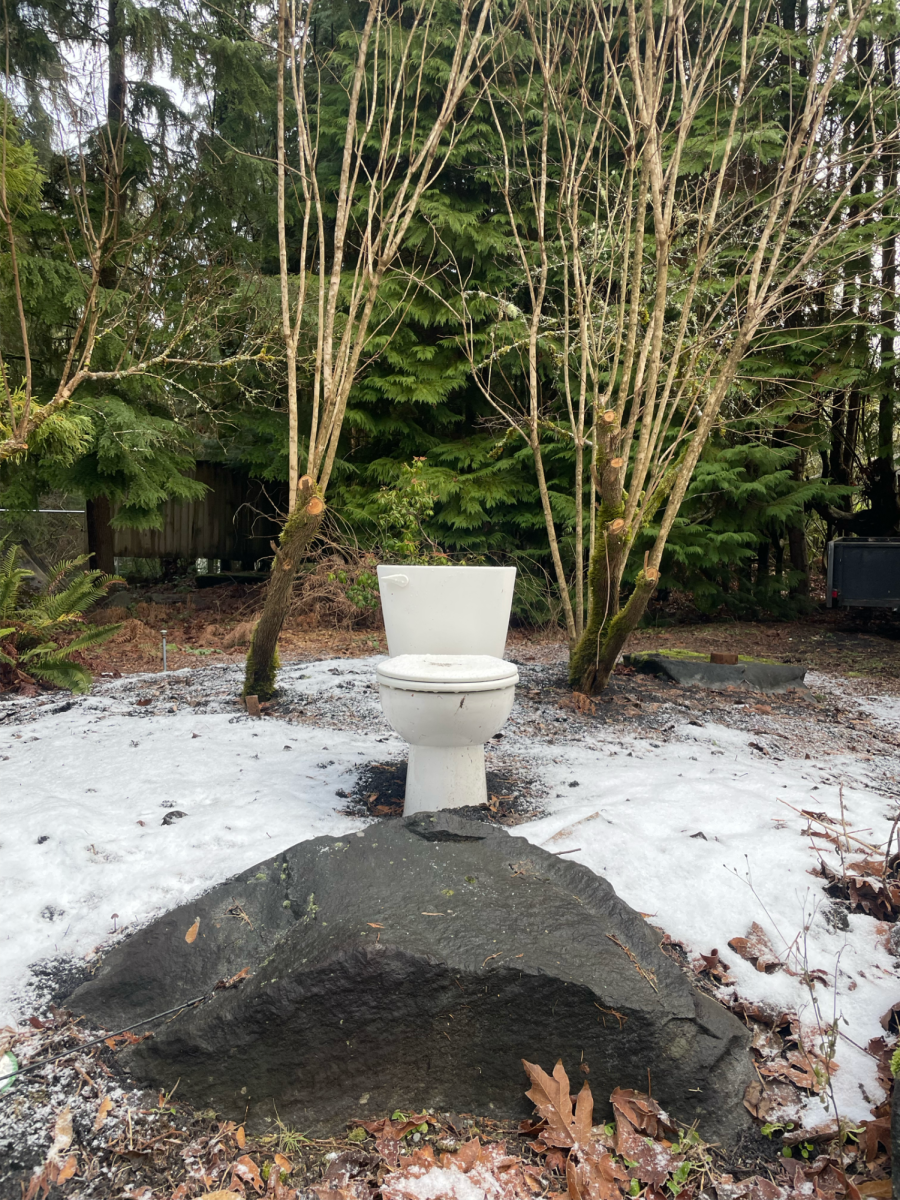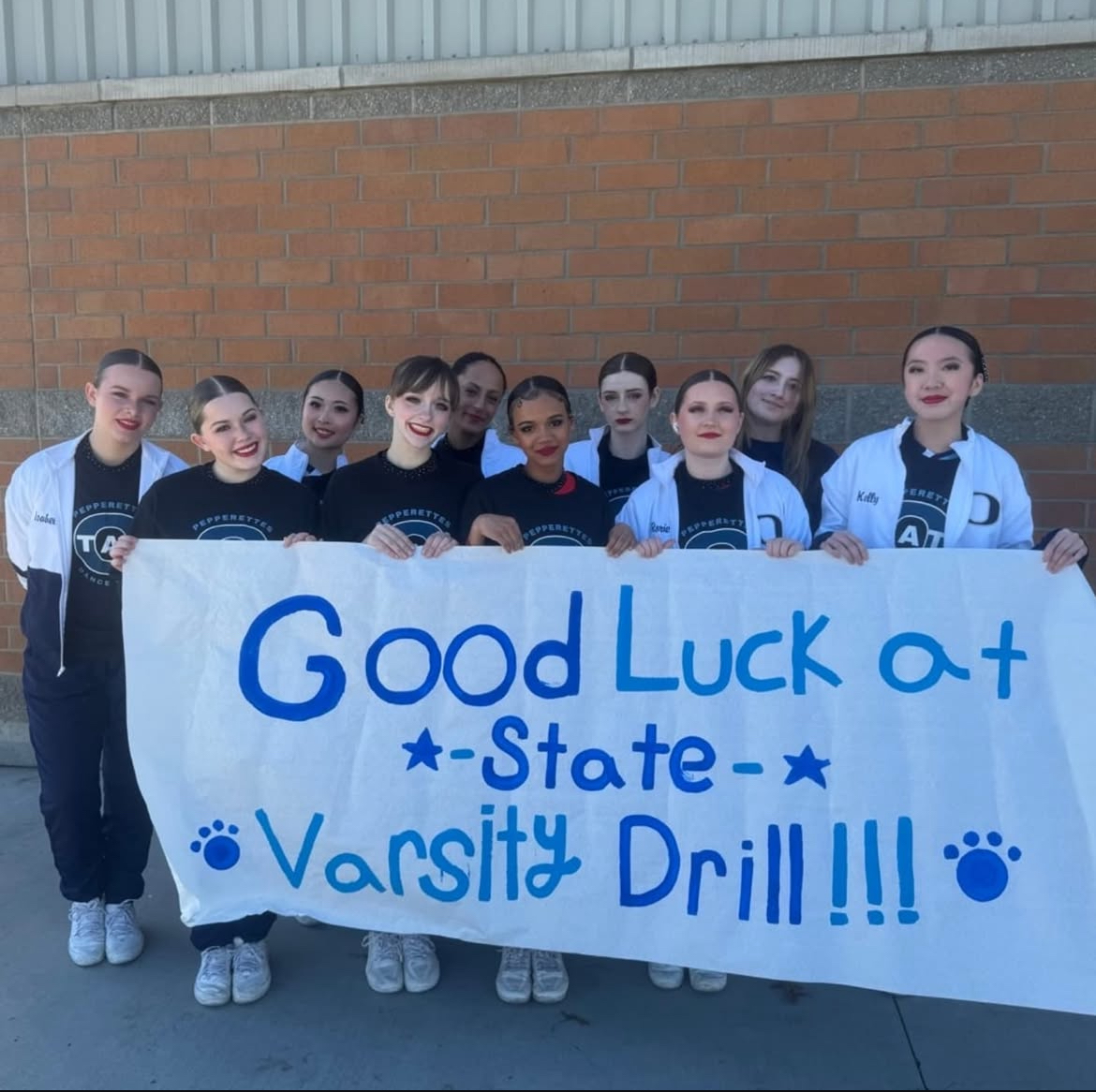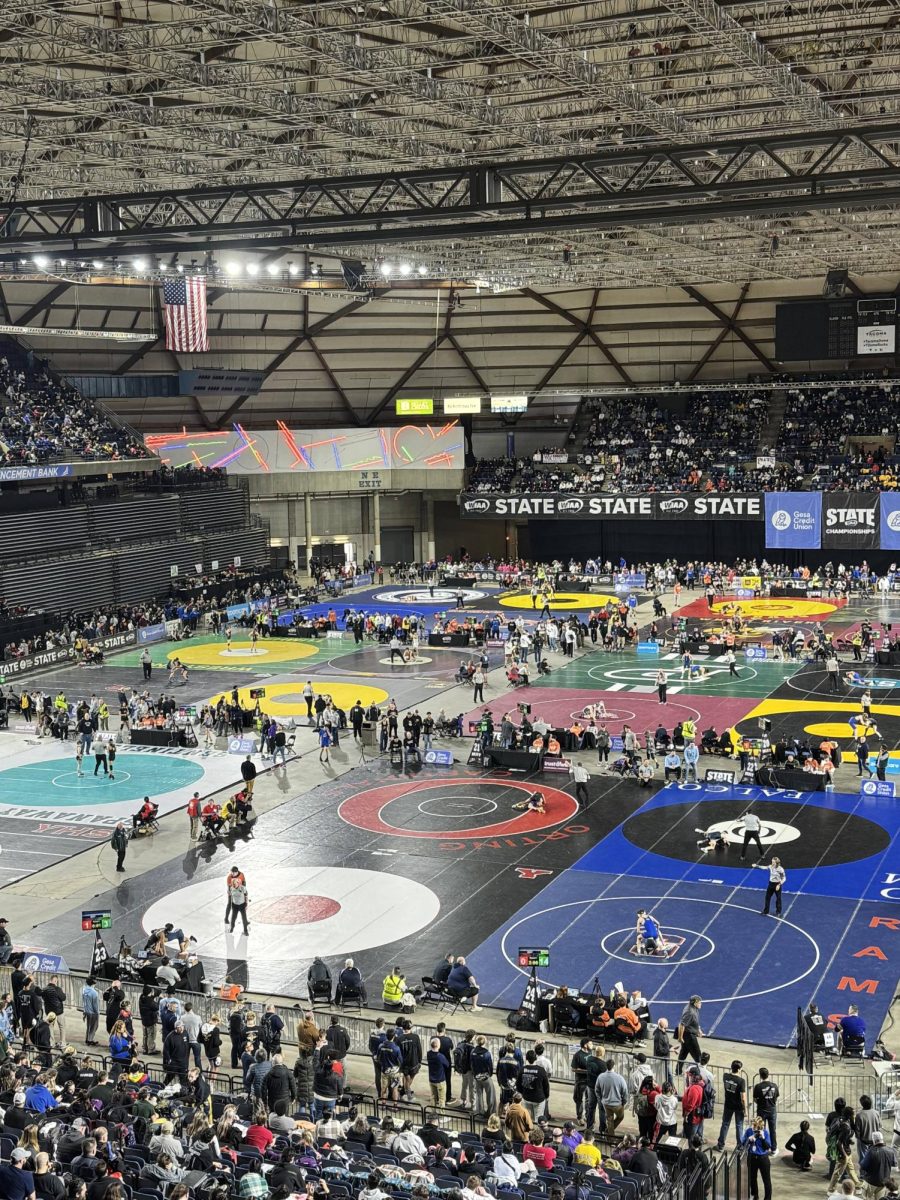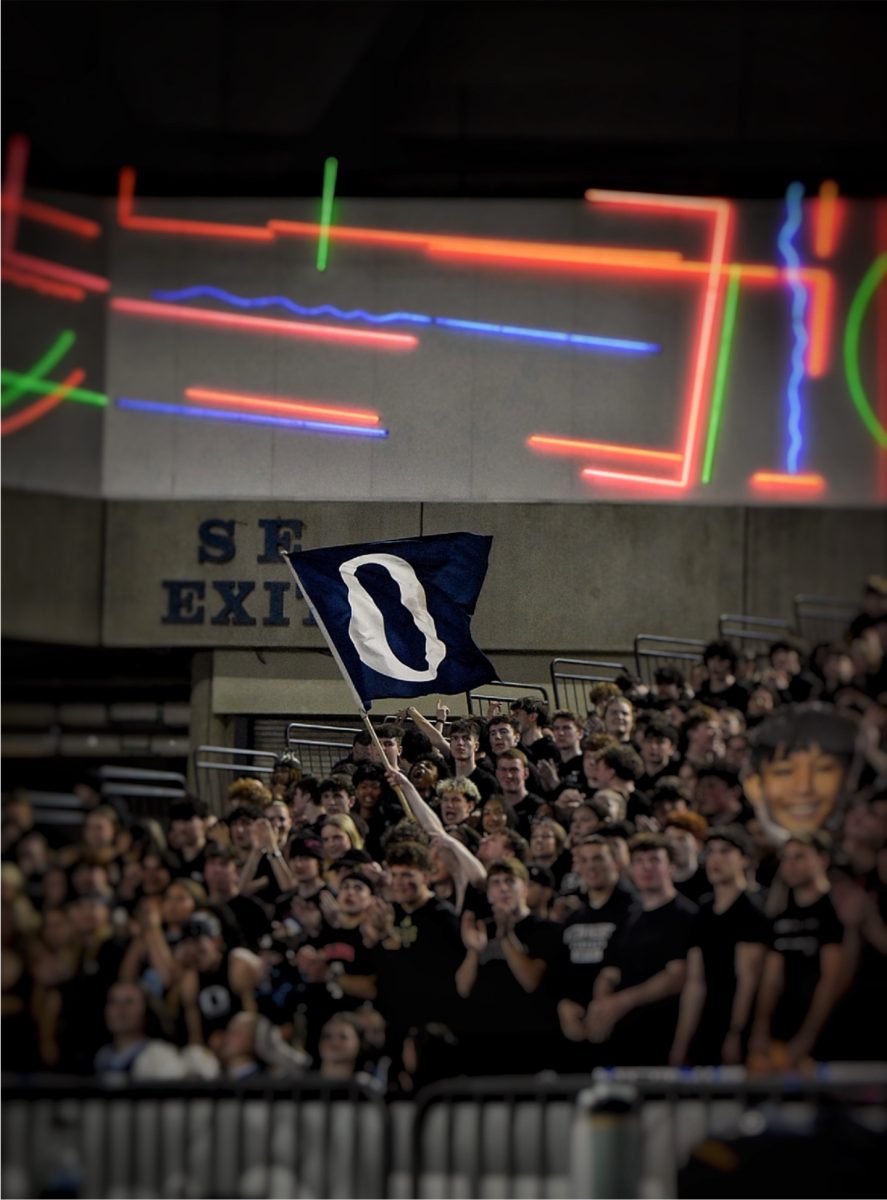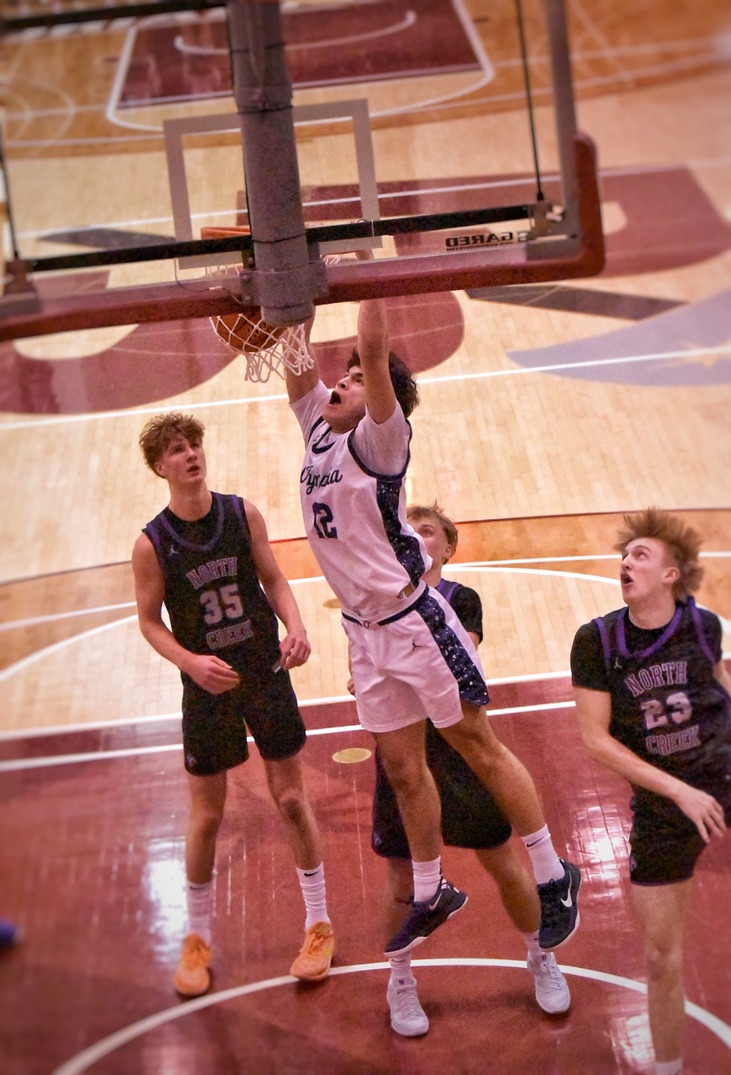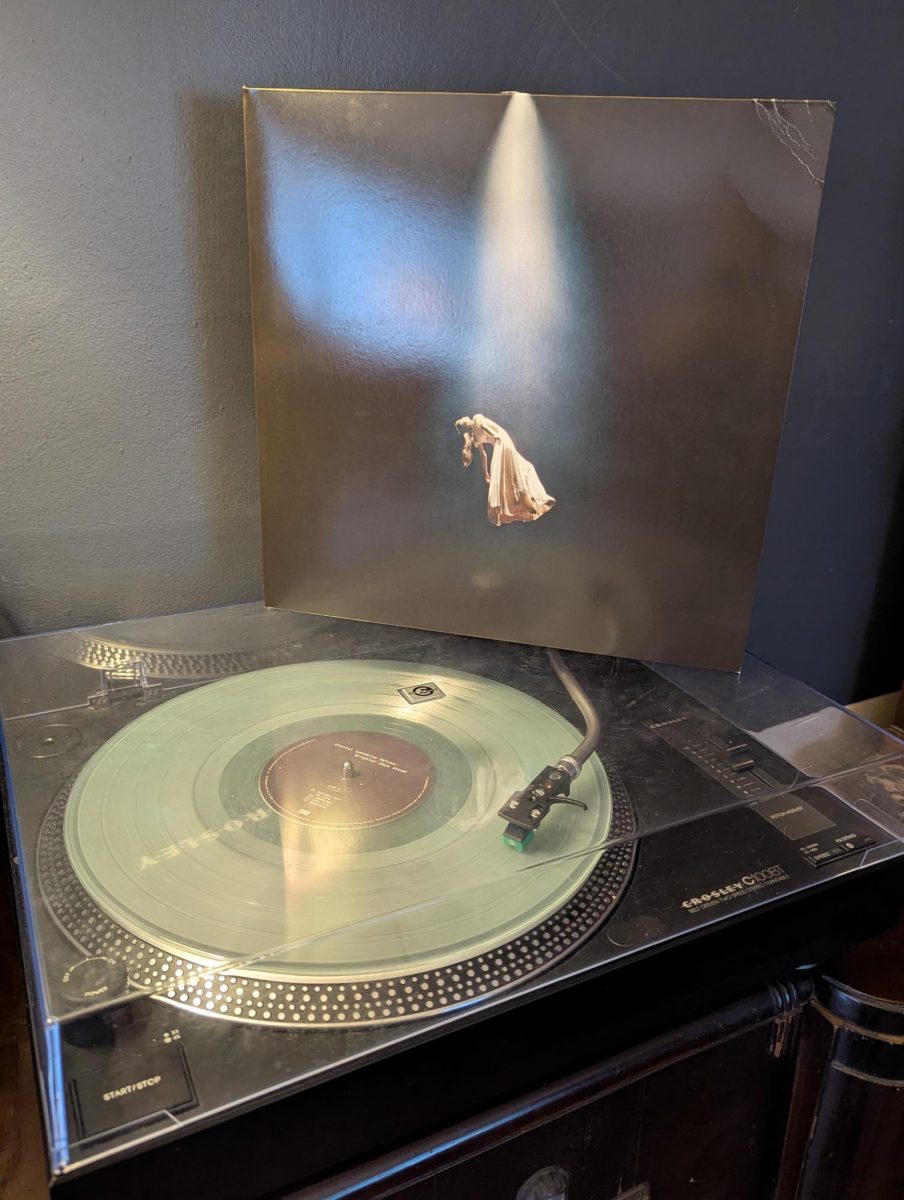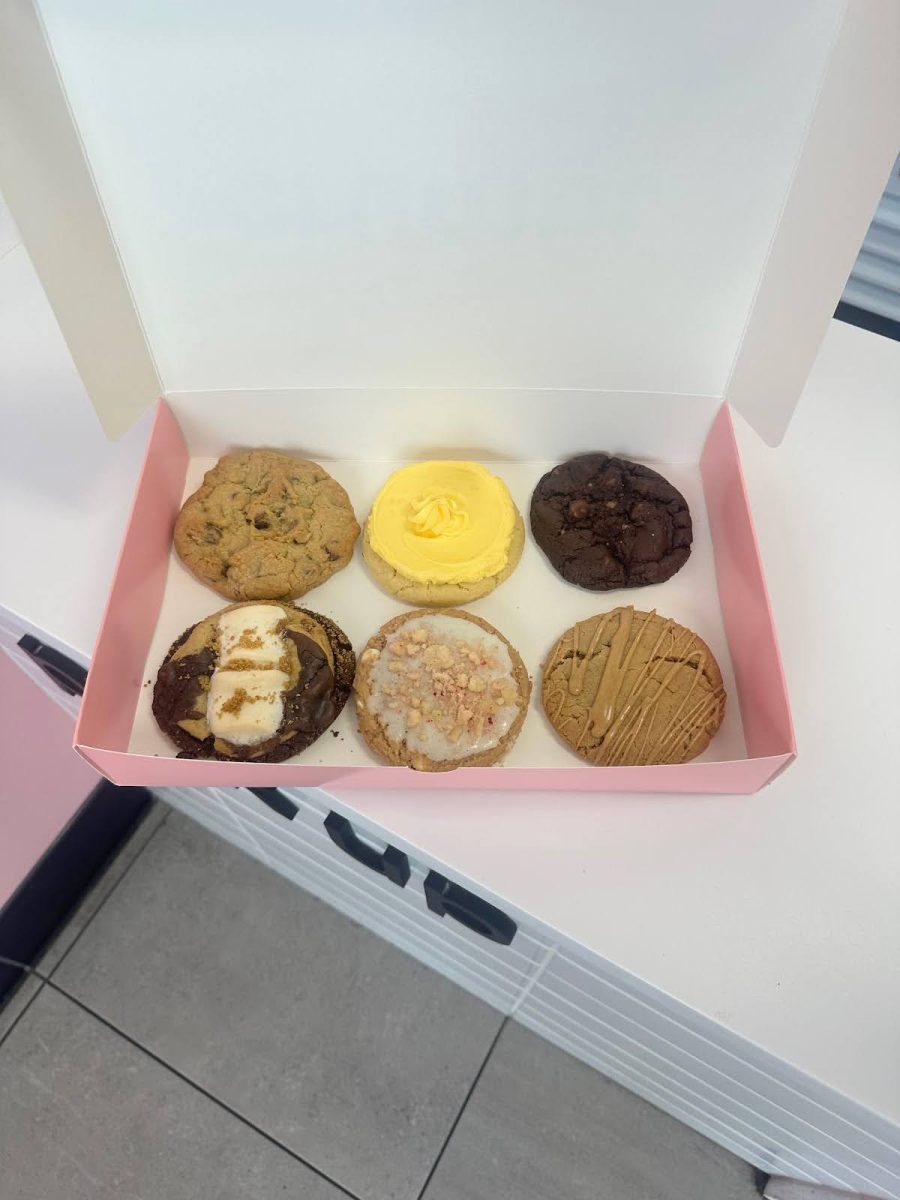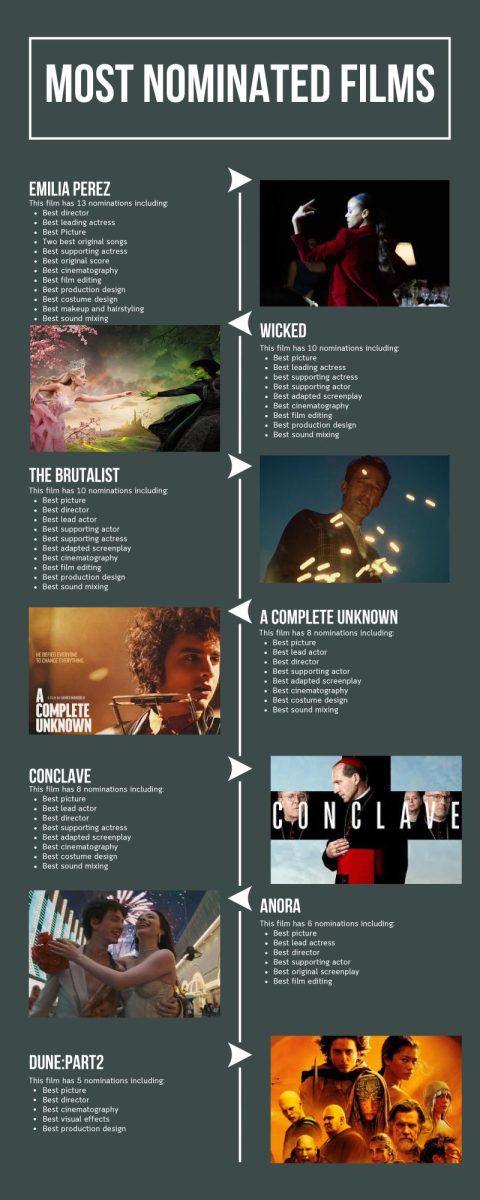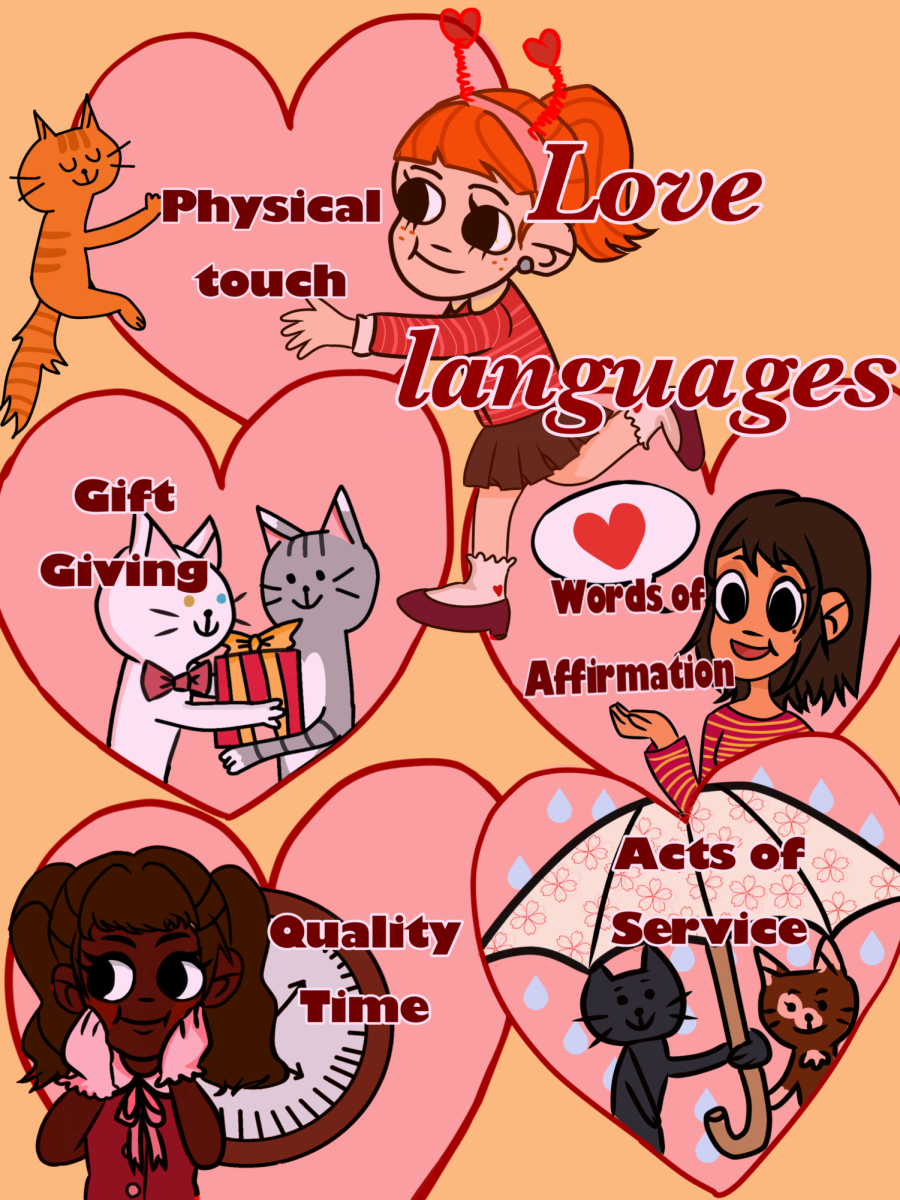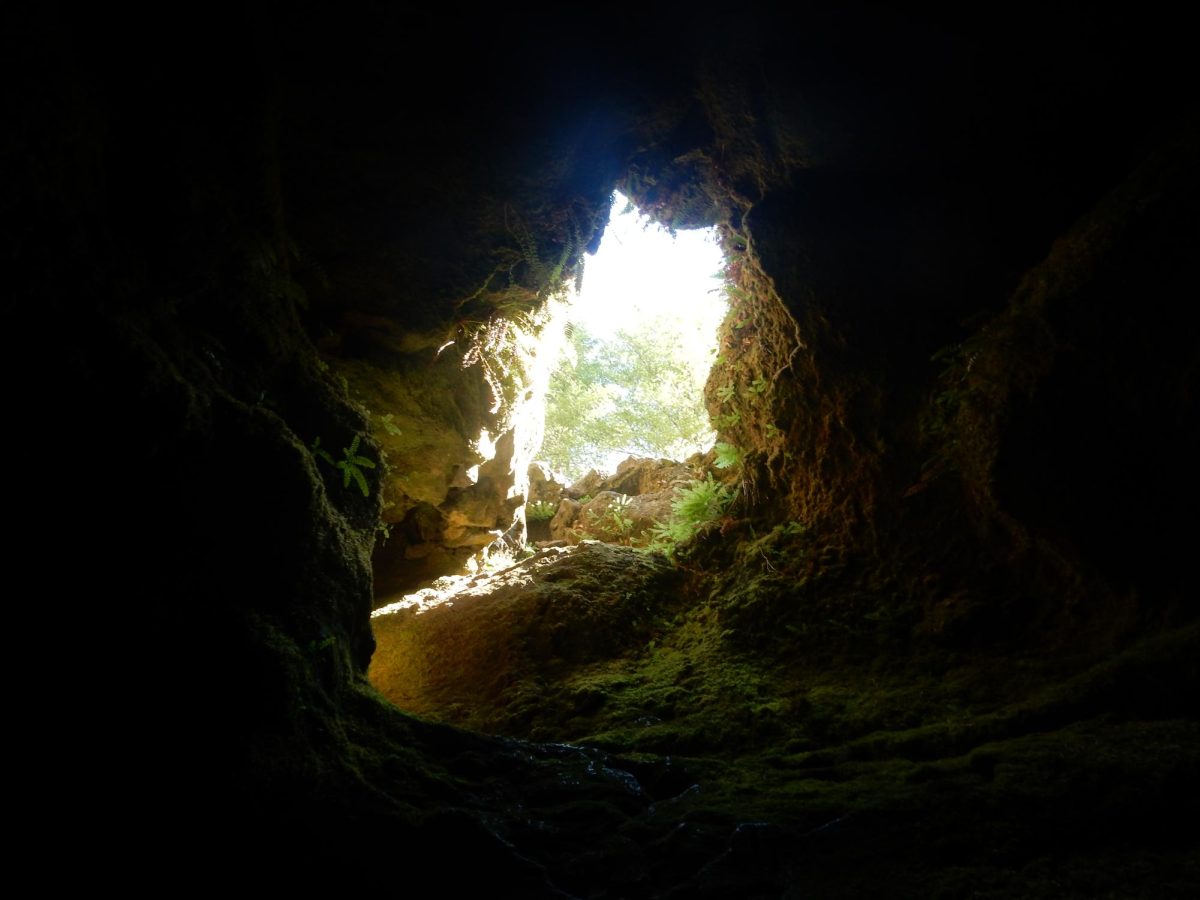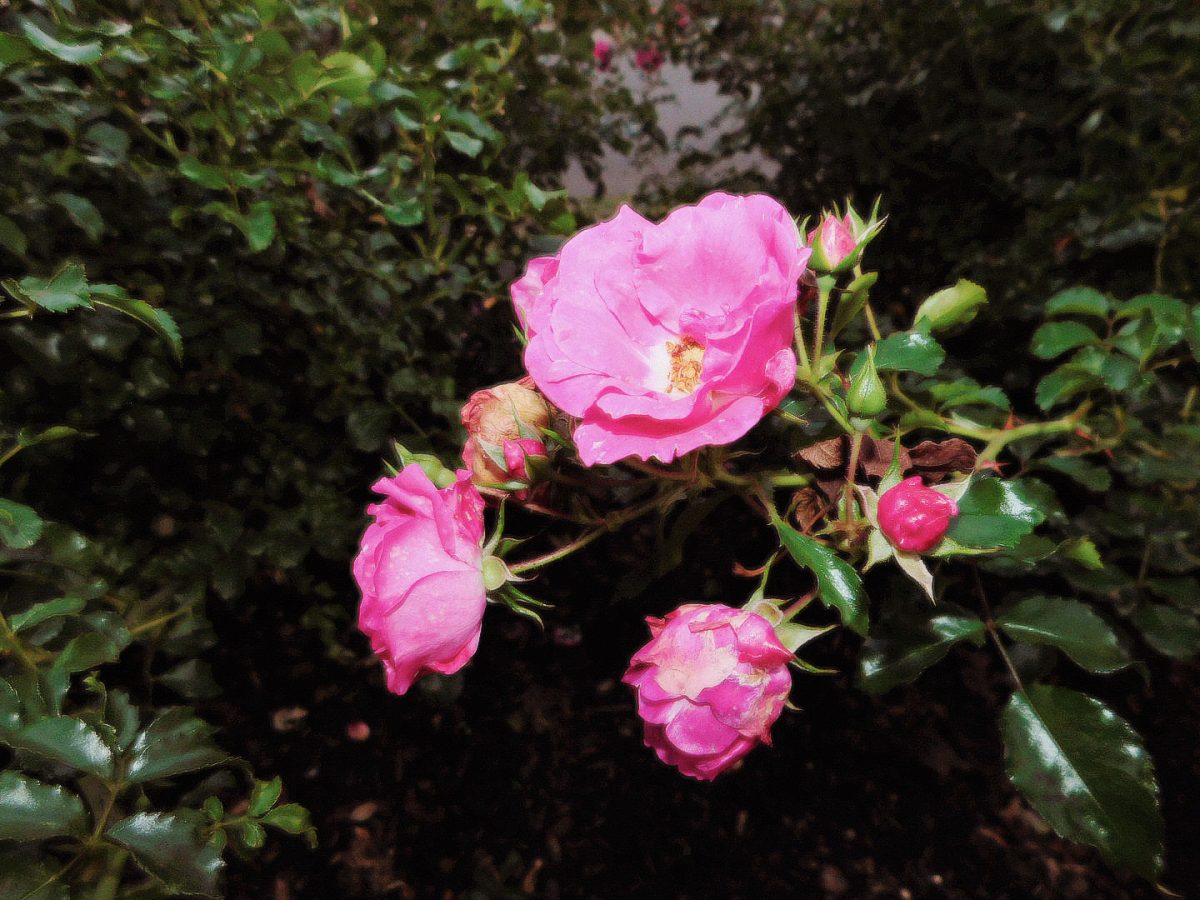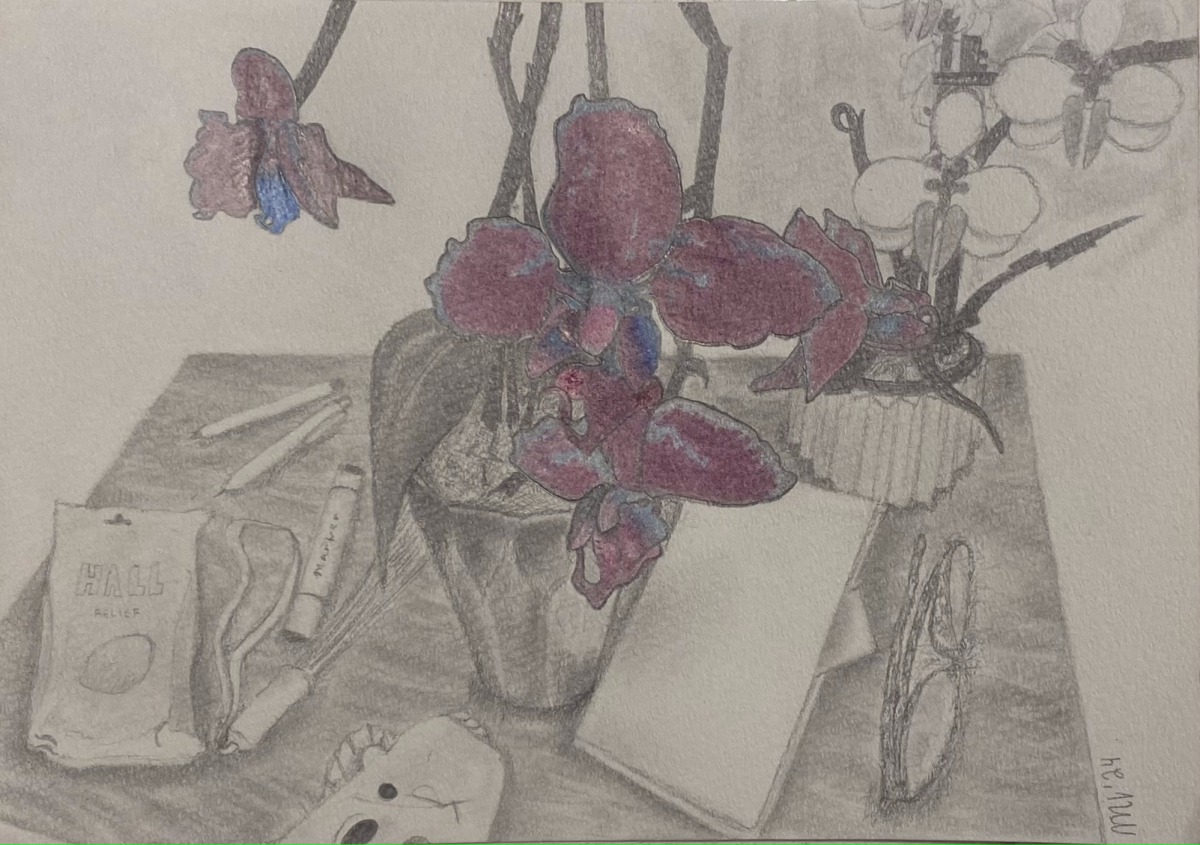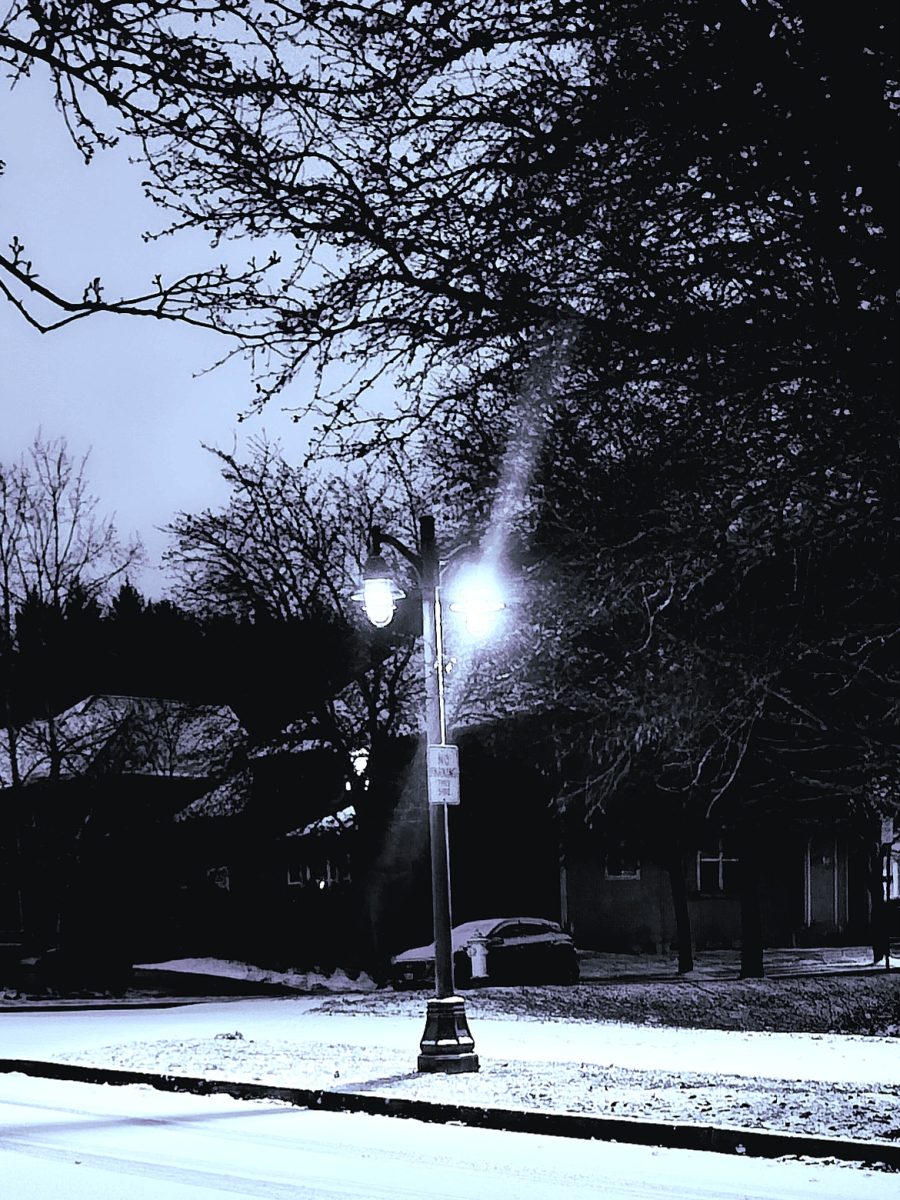At the age of 3, I treasured school. I adored nature and the presence of the trees. They felt like guardians, and their branches reached up at the sky, standing strong through every season. The memories are captured through an old polaroid camera with blurry quality, like a dream I can’t touch. The tall grass swayed in the wind to the music of its sound. In that meadow everything was alive. I remember the animals, mourning for the ones that passed.
I cared for the pony named Autumn. He frightened me because of his immaculate size, but his slow deliberate movements represented his quiet wisdom. The reason I admired him was because no one else showed him any adoration. I thought Autumn was quite beautiful. He was a Shetland Pony with a sleek, coarse chestnut brown mane that glistened like the warm earth after rain. Overtime, he grew slow and old. Eventually his life departed. Mrs. Lucy, our teacher, vocalized that “it’s no use to mourn Mother Nature, it’s the circle of life and it’s divine.” Her words had a calming effect, and embodied flora and fauna. Mrs. Lucy talked about nature as an abstract idea, and as a divine force that has woven together the concepts of life or death. In a way I thought Mother Nature symbolizes a version of a God. Each spring in the front yard of the meadow, with the chickens and the grapevines, Hazel, my best friend, and I, along with other classmates would say a prayer in our gratitude through nature that was also our being. We worshiped the earth as we could see sunlight through our eyelids.
Hazel was one with nature; she loved the outdoors. I thought she was one of the most beautiful girls I had ever seen. She had white hair with bright green eyes like the deep evergreens of the forest. Near the barn we would all eat lunch under a big willow tree and let the world pass by. We believed that’s where the fairies lived. As my imagination overwhelmed my mind, everything was perfect.
As years passed by, my time there was soon over. After summer had passed I started kindergarten. The beginning of the first day went as usual. But as mom walked out of the building to drop me off I noticed a penetrating feeling through my eyes. Soon tears were cupped at the corners of the lids. I couldn’t handle this new atmosphere. It seemed old and empty. I noticed the blank walls and the immense amount of kids surrounding me. I was getting pushed around by towering bodies because of my small size. I had always been one of the shortest children in my grade, which made me feel trivial.
I missed my parents and the thought of their absence was a penetration in my soul. The morning gatherings felt unusual as I spoke a series of words in the pledge. I did not know their meaning, unlike my prayers to the earth. The expression in the crowd’s voices sounded deep and dull. The words felt like stepping gravel and hiding in the indents of my skin, as I didn’t know what to interpret it out of. I felt the absence of spring mornings in those phrases.
As I walked into my classroom, everyone stared. Their glaring eyes seemed to be filled with fire. I couldn’t control my sorrow. After what felt like hours, my teacher, Mrs. Labinski gently asked,
“Do you need a break? You don’t seem to be having a time.” As I tried to dry the rivers in my eyes I said “Yes please.”
The days went on like this. It felt relentless as I constantly was surrounded by unknown, wandering souls. My dejection lingered, becoming unbearable for the people who had to witness it. One night before Halloween, my mother said,
“Sometimes, we must let go of the anchor that holds us to the past, allowing the tide to carry us forward in the new horizons.”
That night, I witnessed the sunset and saw the blooming colors. Promising to embrace them through the positivity of the mellow pinks in the sky. The sunset was gone. I had noted what Mrs. Lucy said, “it’s no use to mourn Mother Nature, it’s the circle of life and it’s divine.” The next morning outside, at school, I sat in the grass and closed my eyes. I saw the sunlight smiling through my eyes, only in the future.

